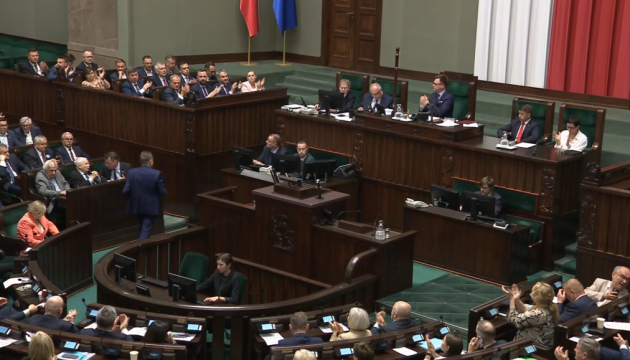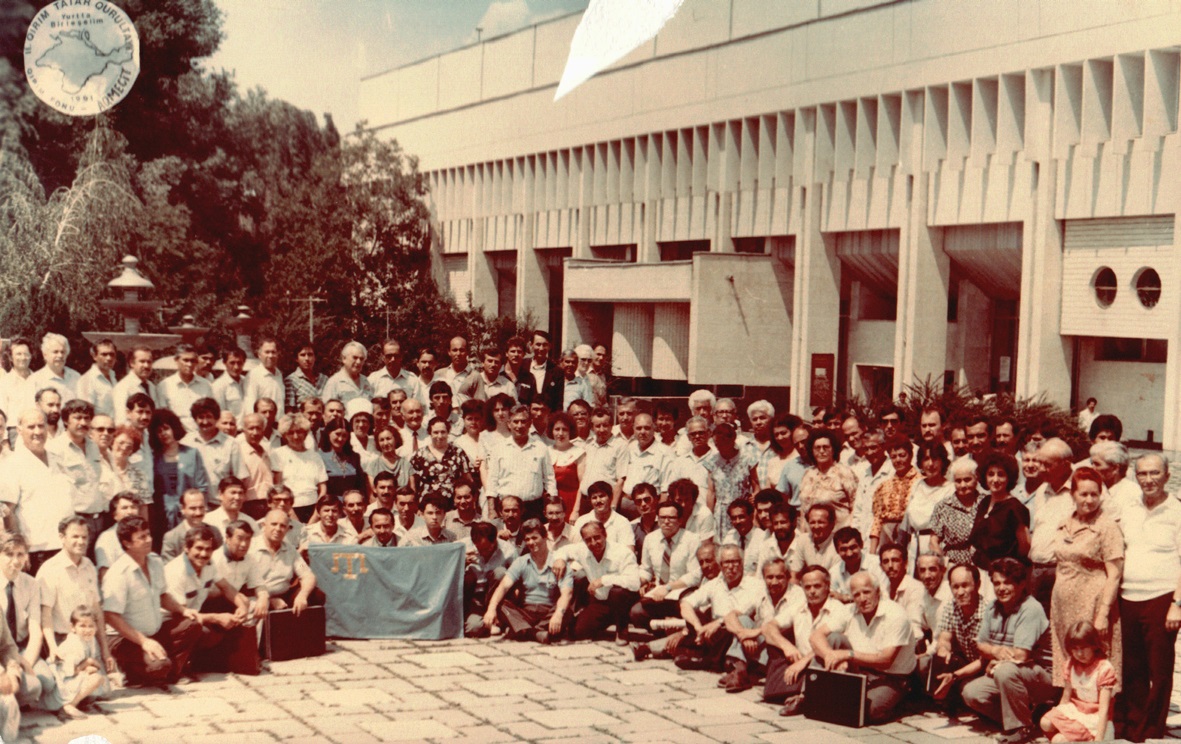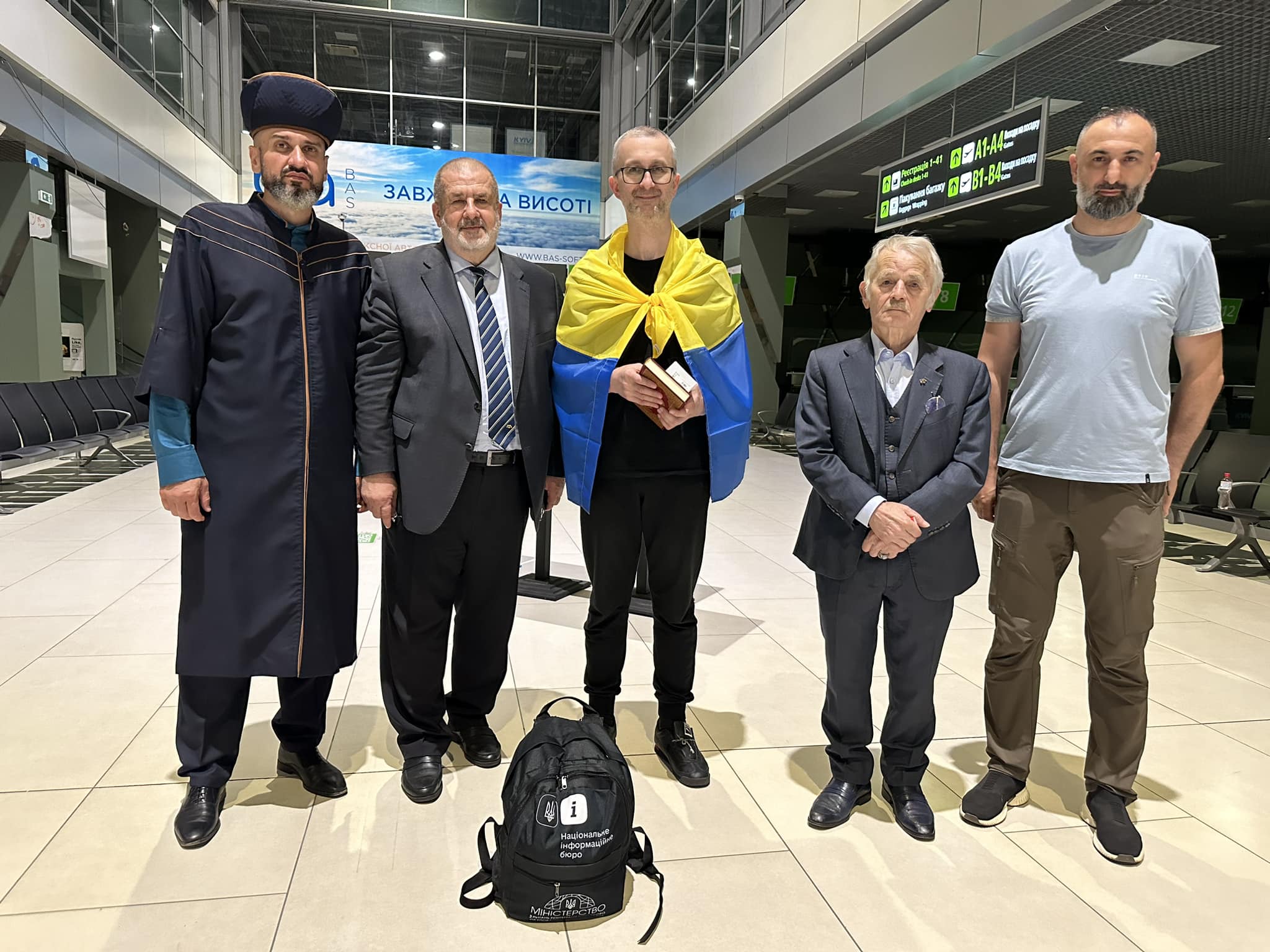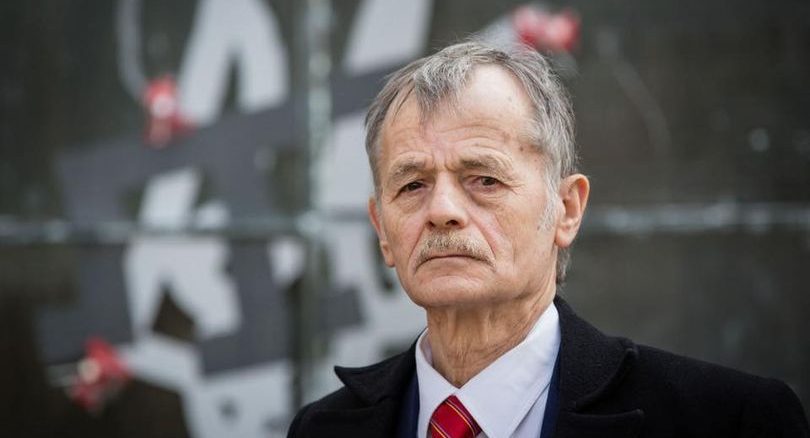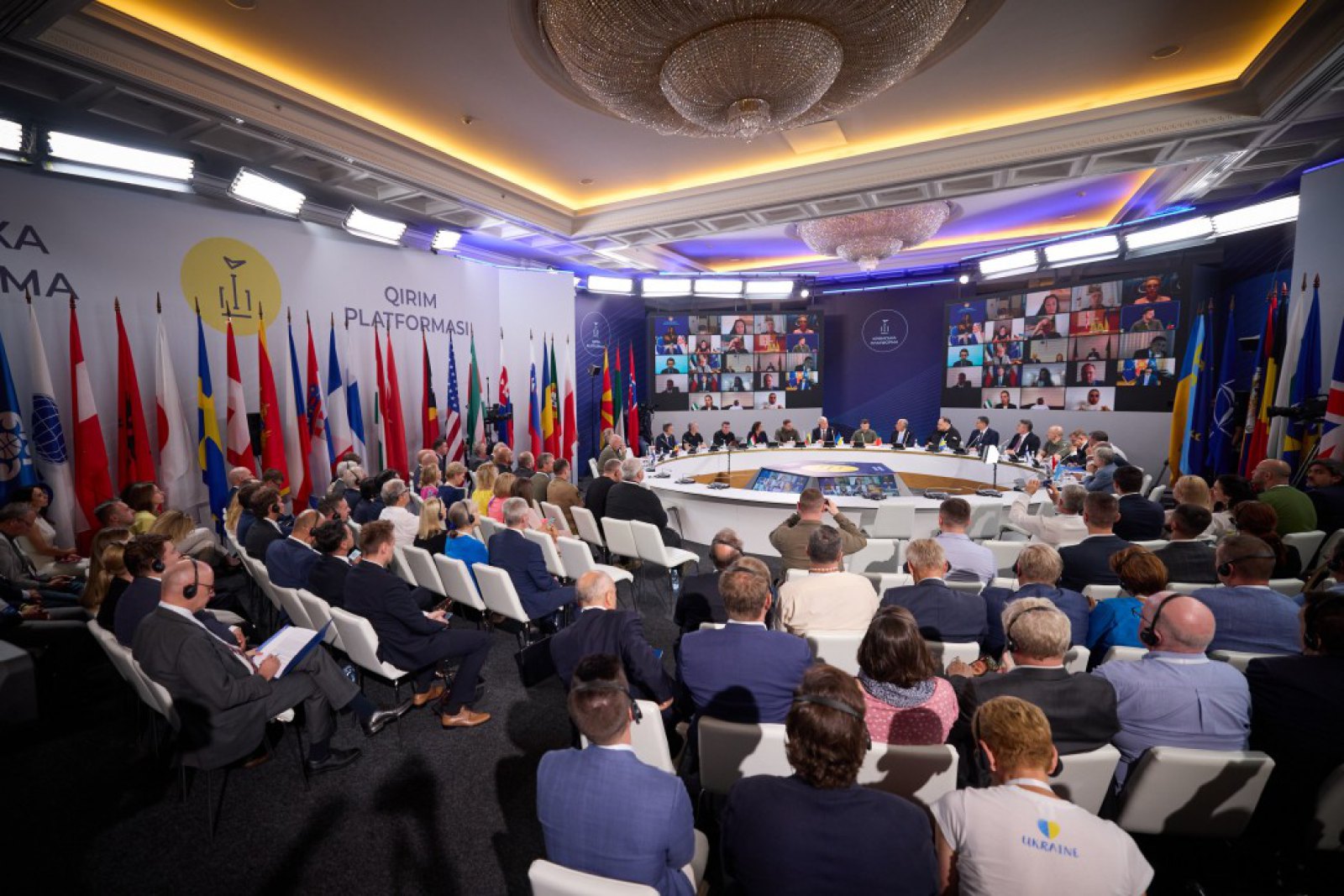Officials of Museum of WW II Visit Mejlis
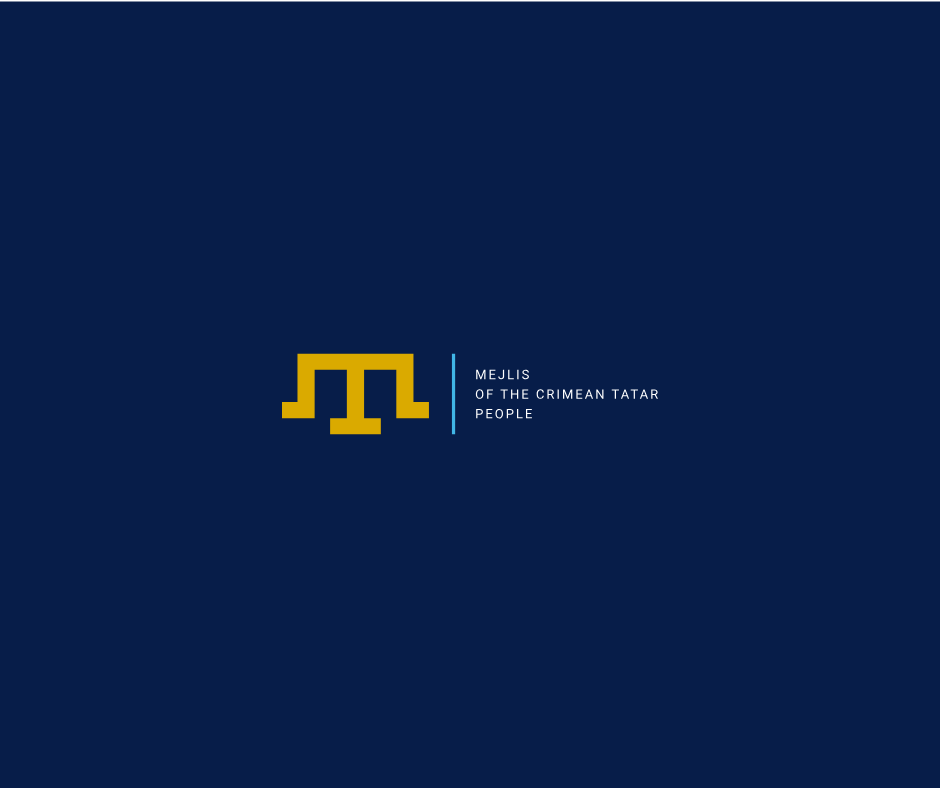
The officials of the Museum of WWII (Gdansk, Poland) have visited Mejlis of the Crimean Tatar people – Prof., chief expert Rafał Wnukand expert Agatha Abramovich.
The meeting, held on August 28, 2012 Mejlis was represented by the Deputy Chairman of the Special Commission of Qurultay on studying of the genocide of the Crimean Tatar people and overcoming of its consequences Elvedin Chubarov and member of this Commission, Chief editor of newspaper “Avdet”, member of the Presidium of Mejlis of the Crimean Tatar people Shevket Qaybullaev.
The Polish guests presented and told in details about the Museum of WWII, established by the state and to be opened on 2014.
According to Professor Rafał Wnuk, the museum will become one of the biggest in the country and will show the history of the WWII in the light of the destinies of common people. The main part of the museum’s exposition will be the story about the deportations, committed during the WWII by the Communist regime of the Soviet Union. The museum wants to show the pictures of people that were exiled from Crimea and found themselves in the special settlements in the northern regions of Russia and the Soviet republics of the Central Asia in the severe conditions of the commandment regime of the NKVD in that part of the exposition that will be dedicated to the deportation of Crimean Tatars in 1944.
E.Chubarov and Sh.Qaybullaev told the guests about the open-ended action on collection of the evidences (recollections) about the deportation, called “Unutma!” initiated by the Special Commission in 2009. One of the main results of “Unutma!” action has become the creation of the unique collection of the documents about the deportation of Crimean Tatars in 1944.
As the first step of cooperation between the Special Commission of Qurultay and Museum of WWII the Prof. Rafał Wnukwas given the pictures about the life of deported Crimean Tatars in the special settlements to be used in the prepared exposition about the deported peoples of the USSR.
